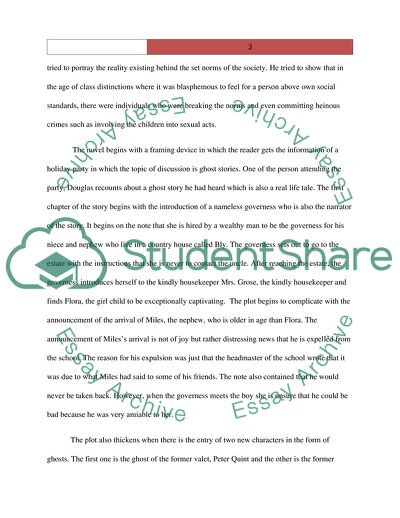Cite this document
(The Economic Terms in the Society Literature review, n.d.)
The Economic Terms in the Society Literature review. https://studentshare.org/macro-microeconomics/1835277-literary-theory
The Economic Terms in the Society Literature review. https://studentshare.org/macro-microeconomics/1835277-literary-theory
(The Economic Terms in the Society Literature Review)
The Economic Terms in the Society Literature Review. https://studentshare.org/macro-microeconomics/1835277-literary-theory.
The Economic Terms in the Society Literature Review. https://studentshare.org/macro-microeconomics/1835277-literary-theory.
“The Economic Terms in the Society Literature Review”. https://studentshare.org/macro-microeconomics/1835277-literary-theory.


